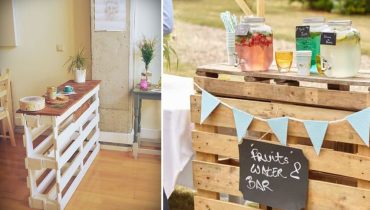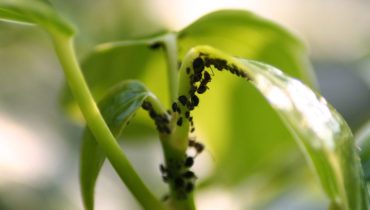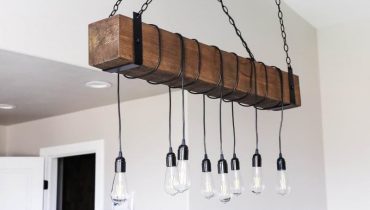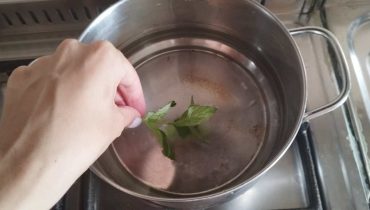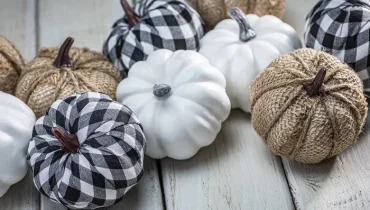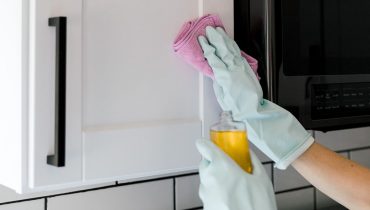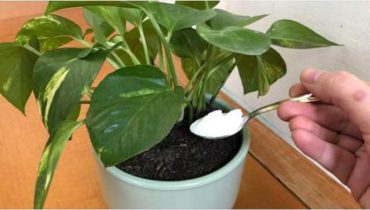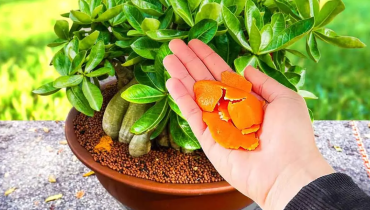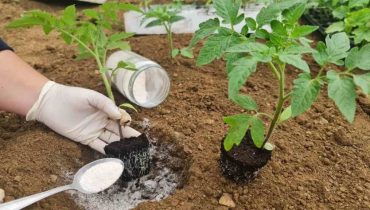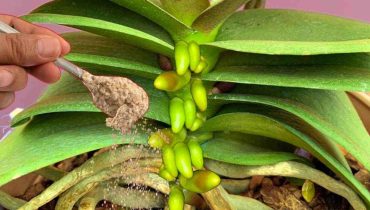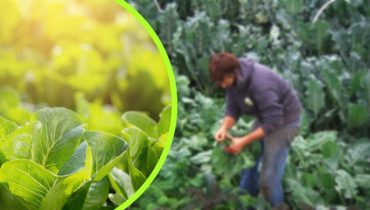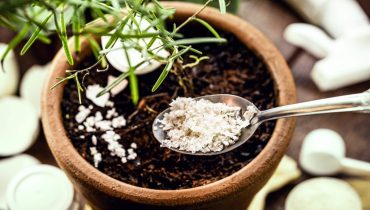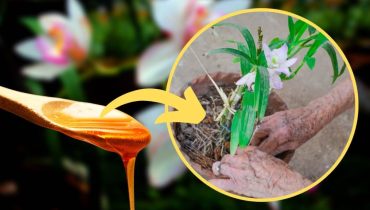Farewell to wasp nests on the balcony or terrace, here is the depopulating solution
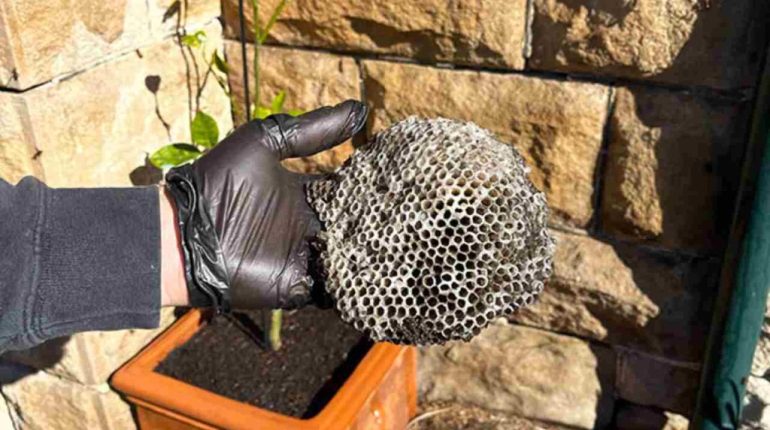
Posted October 11, 2023 by: Admin
How to bid farewell to wasp nests for good? There is a method to safely remove them from your terrace or balcony.
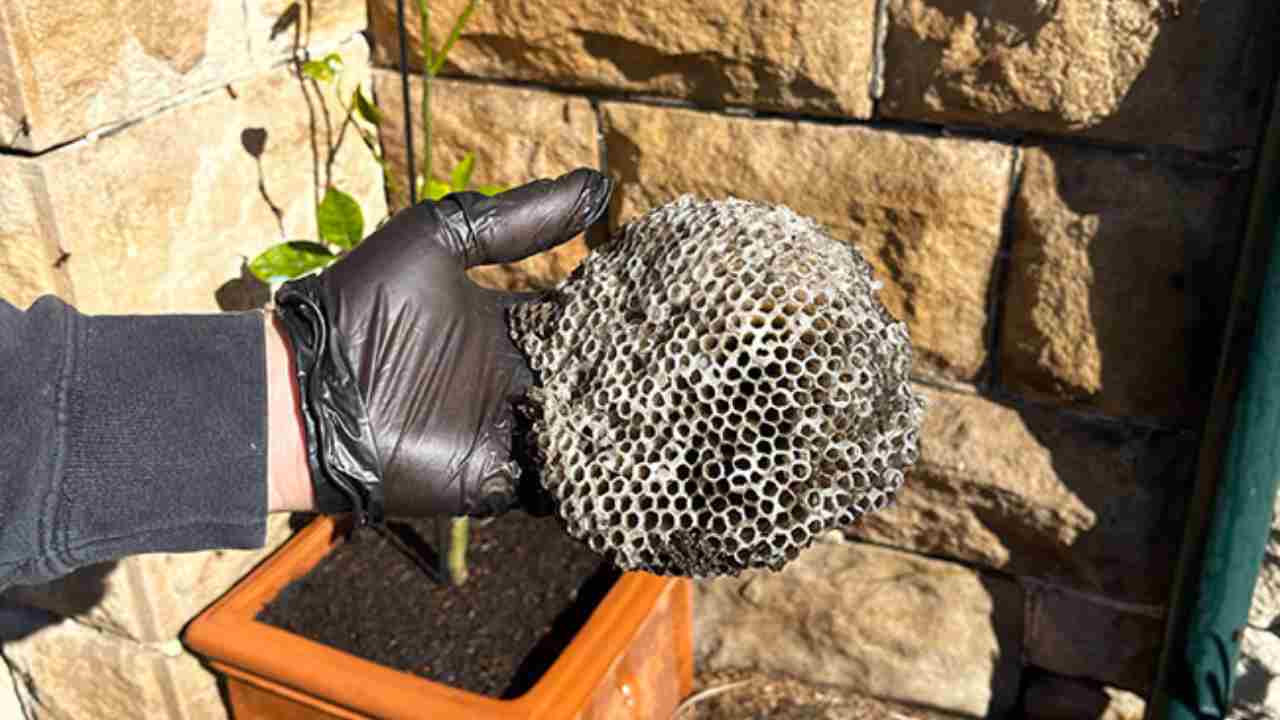
How to get rid of wasp nests using homemade solutions? It’s possible, and experts explain some approaches and a depopulation solution. Should we clarify?
How to Eliminate Wasp Nests: Eco-Friendly Remedies
The presence of wasp nests on the balcony or terrace can be a cause of concern for many, given the risks of painful stings and potential danger to people and pets. However, it is important to remember that wasps play a crucial role in the ecosystem, contributing to the control of harmful insect populations and plant pollination.
Therefore, the ideal solution for managing this situation is to adopt environmentally friendly methods to deter wasps without causing harm to them. However, it is essential to emphasize that in the case of nests near your home, it is always advisable to seek a specialist in the field to remove the nest to prevent accidents and ensure safety.
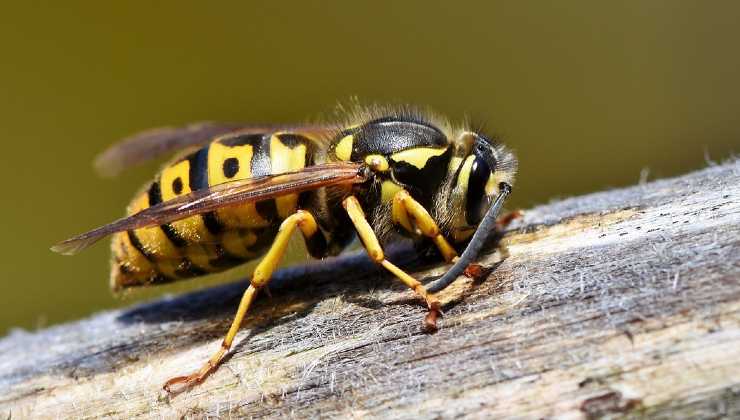
Here are some natural and eco-friendly methods that can be used to deter wasps from your balcony or terrace:
Repellent Essential Oils
Certain essential oils, like rosemary, peppermint, or eucalyptus, emit unpleasant odors for wasps. Simply add a few drops of essential oil to a diffuser or a small container of water and place it on your balcony or terrace. This will help deter wasps without causing them harm.
Repellent Plants
Some aromatic plants, like lavender, basil, or citronella, can act as a natural repellent against wasps. Growing these plants in pots or planters near the infested area can help keep them away.
Colorful Plastic Bottles, the Trending Method
A simple but effective method involves placing a few empty and transparent plastic bottles, half-filled with sweetened water, on the balcony or terrace. The light reflected by these bottles can confuse wasps and discourage them from building nests nearby.
Create Fake Wasp Nests
Wasps tend to avoid areas already occupied by other nests. Creating fake nests with paper or similar materials and placing them in other parts of the balcony or garden can encourage wasps to settle elsewhere.
Running Water
Wasps are attracted to stagnant water, so keeping a source of running water on your balcony or terrace can discourage them from frequenting the area. Simply use a small water jet or a decorative fountain.
Net or Protective Screens
Installing a net or protective screens around the balcony or terrace can prevent wasps from entering the area without causing them harm.
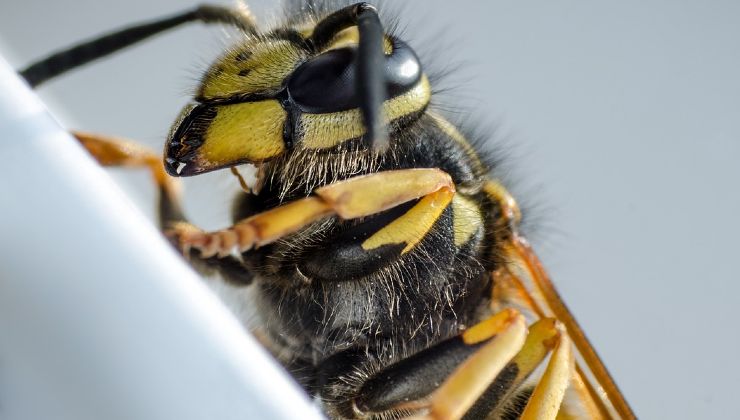
Regular Cleaning
Keeping the balcony or terrace clean and free of food or beverage residues can help deter wasps, as they are attracted to food odors.
While these methods are useful for deterring wasps without causing harm, it is essential to reiterate the importance of always seeking a qualified specialist for the removal of wasp nests from your home. Removing the nest without the proper expertise can be extremely dangerous and result in serious accidents. Specialists have the skills and equipment necessary to handle the situation safely and responsibly, minimizing risks to people and the environment.


